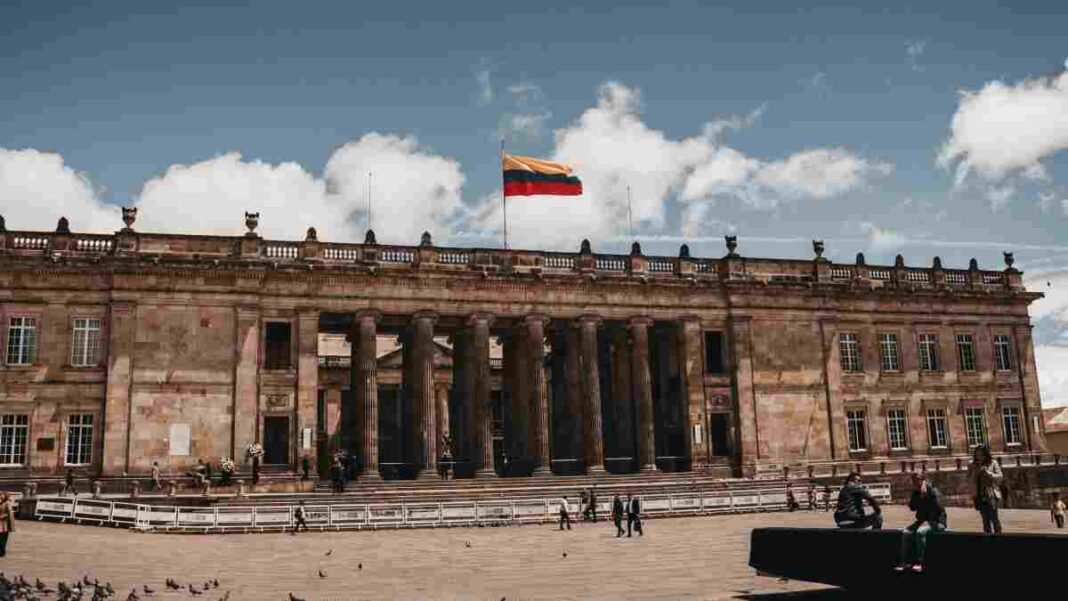COLOMBIA: Colombia has agreed to make restitution to victims after the Inter-American Court of Human Rights (IACHR) found that the government let the left-leaning Patriotic Union (UP) party be systematically eliminated in the 1980s and 1990s.
Six thousand members of the UP, a political party founded in 1985 as part of a peace agreement with the FARC guerrillas, were wiped out by right-wing paramilitaries, narcos, and the Colombian military.
The FARC took up guns again when the movement was put down, prolonging the horrific battle in Colombia that lasted for six decades and resulted in the deaths of 450,000 people and the displacement of 8 million. After the start of a fresh peace process in 2016, the majority of FARC fighters eventually gave up their guns.
Last week, the IACHR concluded that the state of Colombia had committed crimes against humanity because of its role in the disaster.
President Gustavo Petro, who pledged to bring victims’ reparations, applauded the decision, which came after three decades of legal advocacy from victims.
The catharsis of the court’s decision, according to Patricia Ariza, the cultural minister and a former member of the UP movement.
Since the middle of the 19th century, the Liberal and Conservative parties took turns being in charge. The UP was created to give the Colombian left a peaceful and legal political voice.
Instead, the regional rights tribunal found that the Colombian government was behind the political genocide and that elected officials and UP members could be killed without punishment.
The tribunal also criticised previous governments in the South American country for not looking into the thousands of cases of torture and extrajudicial killings. It used forced disappearances to put an end to the movement.
Congress President Roy Barreras says that Colombia will follow the court’s suggestions to honour the UP’s legacy.
The UP’s destruction serves as a metaphor for Colombia’s cyclical history, in which a series of leftist leaders have sparked aspirations of reform only to be assassinated before they can bring about change.
As the movement grew in favor, 14 UP members were elected to the Senate and the House in 1986, but 247 of them—including many elected legislators—were assassinated that year.
When Petro, a former guerilla with the M-19 rebels, became the nation’s first-ever communist president in June 2022, he bucked the historical trend. However, there were concerns that he might be slain before he could enter the Casa de Nario.
Also Read: 78 Social Leaders Assassinated in Colombia in 2021: UN



